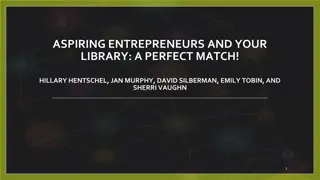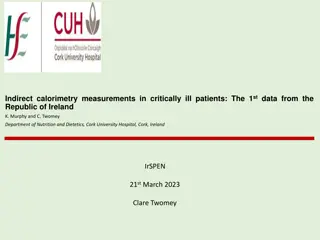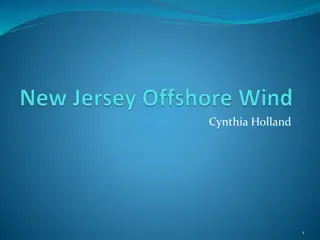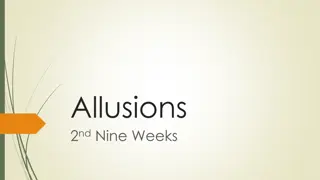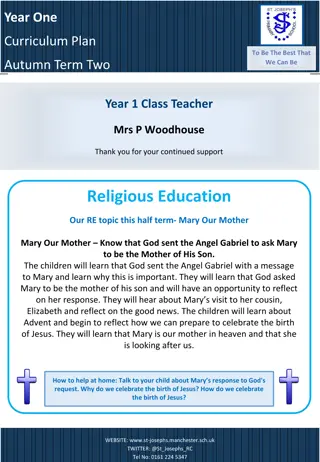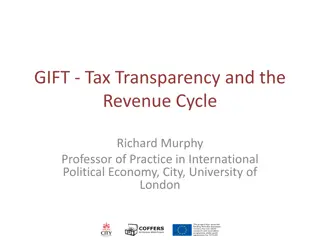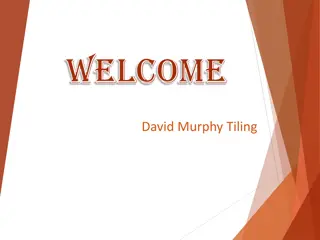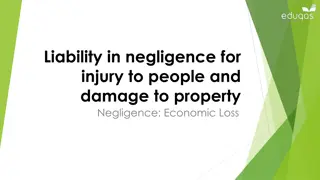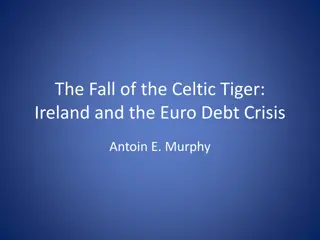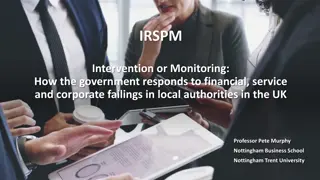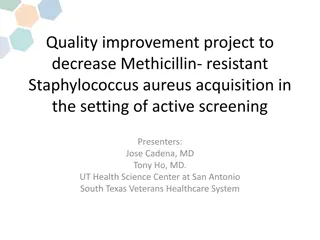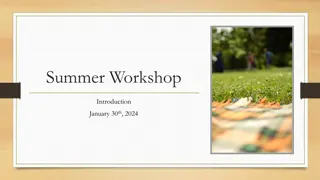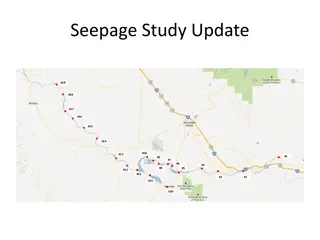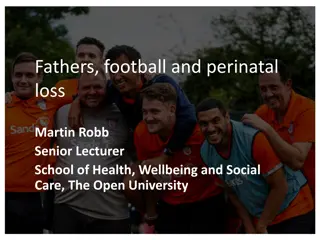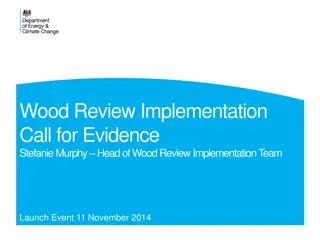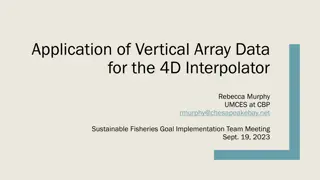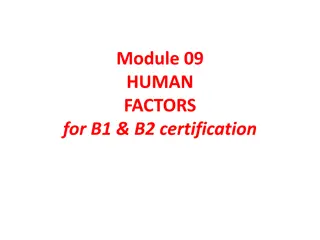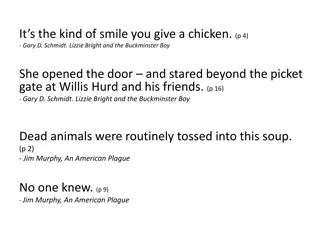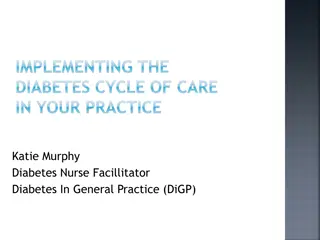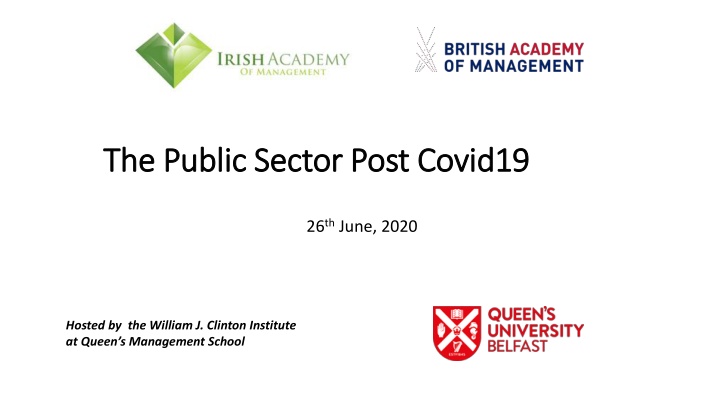
The Public Sector Post Covid-19 Conference Insights and Trends
Explore the key insights from the post-Covid-19 public sector conference, covering discussions on funding challenges, economic recovery strategies, and the future of work dynamics. Insights from prominent speakers such as Dr. Russ Glennon and Professor Robert MacIntosh shed light on the evolving landscape in business management. Discover how businesses are adapting to the 'new normal' and preparing for the post-pandemic era. Stay informed about the latest trends and recommendations shaping the public sector's response to the global crisis.
Download Presentation

Please find below an Image/Link to download the presentation.
The content on the website is provided AS IS for your information and personal use only. It may not be sold, licensed, or shared on other websites without obtaining consent from the author. If you encounter any issues during the download, it is possible that the publisher has removed the file from their server.
You are allowed to download the files provided on this website for personal or commercial use, subject to the condition that they are used lawfully. All files are the property of their respective owners.
The content on the website is provided AS IS for your information and personal use only. It may not be sold, licensed, or shared on other websites without obtaining consent from the author.
E N D
Presentation Transcript
The Public Sector Post Covid19 The Public Sector Post Covid19 26thJune, 2020 Hosted by the William J. Clinton Institute at Queen s Management School
Find us on Twitter British Academy of Management - @bam_ac_uk Irish Academy of Management - @iamirl Dr Russ Glennon - @russglennon Prof Robert MacIntosh - @rob_macintosh Dr Joanne Murphy - @changeresearch Prof Alma - @nuigalway Prof Peter Murphy - @peterpmurphy Richard Jefferies - @rhjefferies Prof Robert Galavan - @robertgalavan
Welcome Welcome Chair Irish Academy of Management Dr Felicity Kelliher CEO British Academy of Management Ms Madelaine Barrows
Dr Russ Glennon Dr Russ Glennon Manchester Metropolitan University Chair of Today s event @russglennon
Professor Robert MacIntosh Professor Robert MacIntosh Heriot-Watt University @rob_macintosh
A Liminal Funding Landscape UK business schools receive 33% less funding from the UK Government than 10 years ago ... yet funding to other fields grew in real-terms by 9% over the same period ESRC awards over the current REF Cycle 2014-15 3,320 FTE staff in UK Business Schools 1 award 2018-19 Business Management = 3.5% of total funding EU s share of research funding for Business & Management has more than doubled (now at 27%, ) over the same period
Scottish Government: Advisory Group on Economic Recovery pulse survey (22 June 2020) Most respondents planning for increased remote working when lockdown is eventually lifted. > 60% of respondents plan to revisit space requirements this was truer for bigger businesses and notably truer for public and charitable organisations than it was for private business. > 40% respondents saw the need for significant reskilling in the medium term; again, most prevalent in larger organisations Predictions of more cashless transactions a view more prevalent in smaller businesses
A Liminal Economic Landscape Public focus (and funding) is on testing, treatment and vaccination Business research needed to complement this specifically the logistics of distribution as and when a vaccine becomes available but the challenge for our researchers is to play a leading role in building a more sustainable, resilient, inclusive economy and cultivating public, private and third sector partnerships
Social Poetics It s almost like Dorothy in the Wizard of Oz; they click their heels and they want to go back to Kansas. You can t go back. Humpty Dumpty s off the wall I m sorry. Ann Cunliffe (2002) Social Poetics as Management Inquiry, Journal of Management Inquiry
Dr Joanne Murphy Dr Joanne Murphy Queen s University, Belfast @changeresearch
The War on Covid19 Extreme Contexts / Leadership / Groups and Teams Risky, Emergency, Disruptive, Surprising Rapidly compressed decision making intensifies the impact of volatility Highly dynamic, interconnected and interdependent environments create enormous complexity Lead to conflicts over authority, clashes over domains or jurisdictions, and a lack of action Lessons during / lessons after
Leadership Configurations We tend to be very actor-centric (Buchanan & H llgren, 2018) Individual and Collective leadership Importance of teams and individual capability (Fraher, 2011) Helpful to think about networks of individuals (Gronn,2009) Building trust, discouraging risky behaviour, identifying future vulnerabilities, making rapid decisions, taking courageous action and learning from crisis to effect change (James & Wooten, 2005)
Evidence from the Field In such a situation you are not that important You are at the bottom of the pyramid not the top. You are carrying them on your shoulders Organisation is everything you have no time. You have to make decisions. To make decisions without time you have to be brave (Ismet Kumalic) Because we had a duty of hope (DFAT) Murphy, J. Management and War: How Organisations Navigate Conflict and Build Peace, Palgrave Macmillan - out August 2020
Helpful Practices Courage - distribute authority, acknowledge mistakes, take responsibility An awareness of organisational resilience Foresight, insight, Oversight, Hindsight * Being able to cope with complexity - focus on more than one thing, at one time . Look for your boundary spanners Preserve a duty of hope *Denyer, D. (2017). Organizational Resilience: A summary of academic evidence, business insights and new thinking. BSI and Cranfield School of Management
Professor Alma McCarthy Professor Alma McCarthy National University of Ireland Galway @nuigalway
Public Sector HR Management: Responding to the Crisis and Beyond Valuing our public service and front line workers Many public servants have had to quickly adapt and re- adjust the way in which services are delivered to ensure continuity some inconsistencies in response Political and public health leadership has been key What opportunities might the crisis bring for change?
National Remote Working Survey in Ireland end April/first week May 2020 Public Sector Respondents 3,860 public sector respondents 63% never worked remotely before COVID-19 45% report easy/somewhat easy work remotely; 40% difficult/somewhat difficult Top 3 challenges: 1. Collaboration and communication with co-workers is harder 2. Not being able to switch off from work 3. My physical workspace (1/3 do not have dedicated workspace)
Top 3 advantages: 1. No traffic and no commute 2. Reduced costs of going to work and commuting 3. Greater flexibility as to how I mange my working day Confidence in organisation s leadership team to make the right decisions to manage through this crisis? 79% confident/very confident; 21% not so confident/not at all Compared to normal, productivity while working remotely is: About the same 34.5% Higher 29.2% Lower 26.2% It is impossible to say given crisis 10.1%
Future? 80% want to continue to work remotely post-COVID: Several times a week = 41%; Several times a month = 28%; Daily = 10% Challenges to continue RW? 1. My organisation will not support it (26.5%) 2. There are no challenges for me to continue working remotely (16.7%) 3. Inadequate equipment and/or resources 4. Nature of work does not allow / Manager will not support (11.7 each) Sustaining resilience and building a more effective and responsive public service: key learnings; what to retain from the crisis; take opportunity for radical change? Public service capacity development and people-centric leadership
Professor Peter Murphy Professor Peter Murphy Nottingham Trent University @peterpmurphy
A post Covid-19 scenario The rise of populism both in existing and in new parties/groups From evidence based to evidence free policy making Economic, social and environmental de-regulation Further reductions in public expenditure to achieve a smaller state Endemic short-termism Reaction and response prioritised over prevention and protection Behaviour change
Another post-Covid-19 scenario Co-produced and integrated policy and delivery (collaborations) Collective local and national responses to wicked issues and contexts Agreed mutual priorities and multi-organisational programmes Facilitated by new systems, processes, organisations, and networks. Development focussed on the UN s Sustainable Development Goals Strengthening of individual, organisational and community resilience Subsidiarity and appropriate local solutions.
Will either set of characteristics reassert themselves Which characteristics were best deployed in response to Covid-19 Which characteristic are best deployed against climate change Robert stated earlier the challenge for our researchers is to play a leading role in building a more sustainable, resilient, inclusive economy and cultivating public, private and third sector partnerships
Professor Robert Professor Robert Galavan Galavan National University of Ireland Maynooth @robertgalavan
Dr Felicity Kelliher Dr Felicity Kelliher Waterford Institute of Technology, Ireland Q&A @iamirl
Dr Russ Glennon Dr Russ Glennon Manchester Metropolitan University @russglennon



